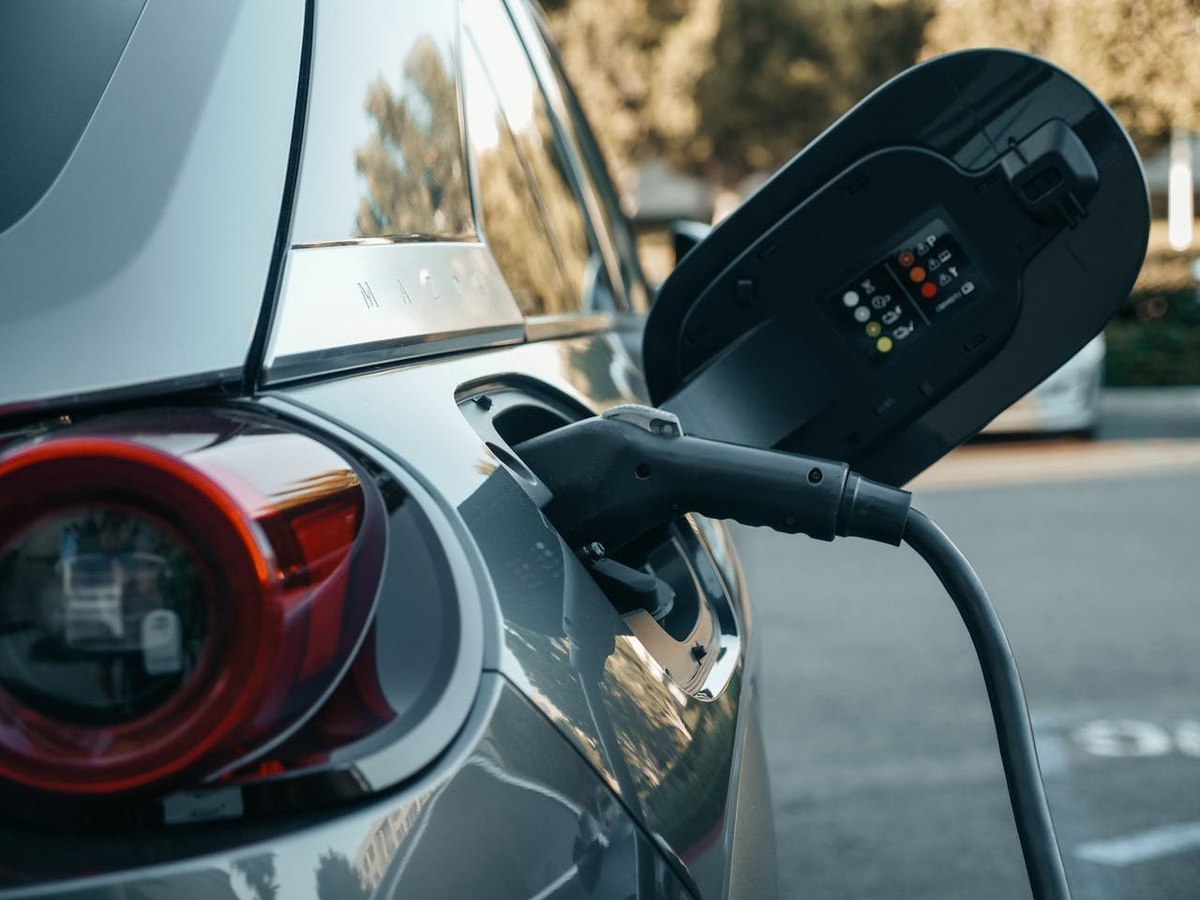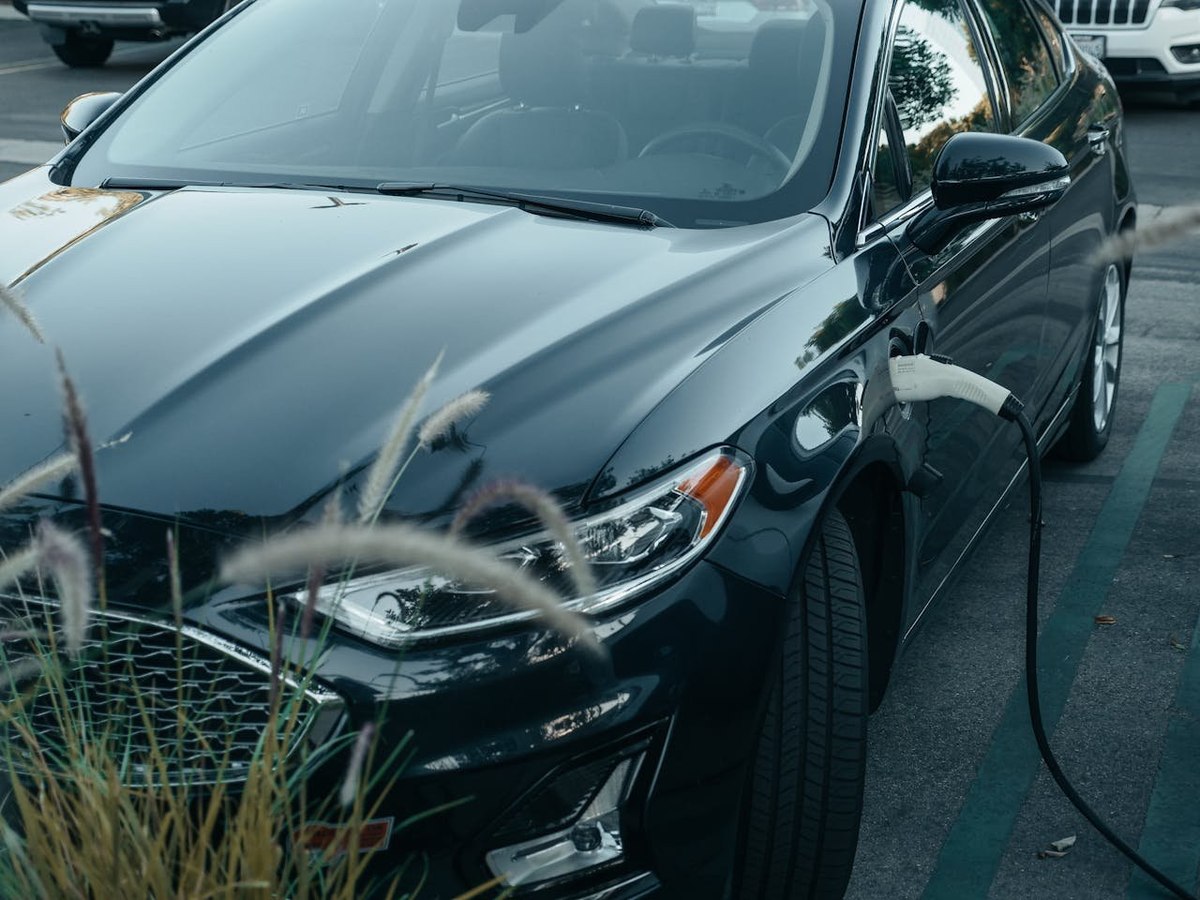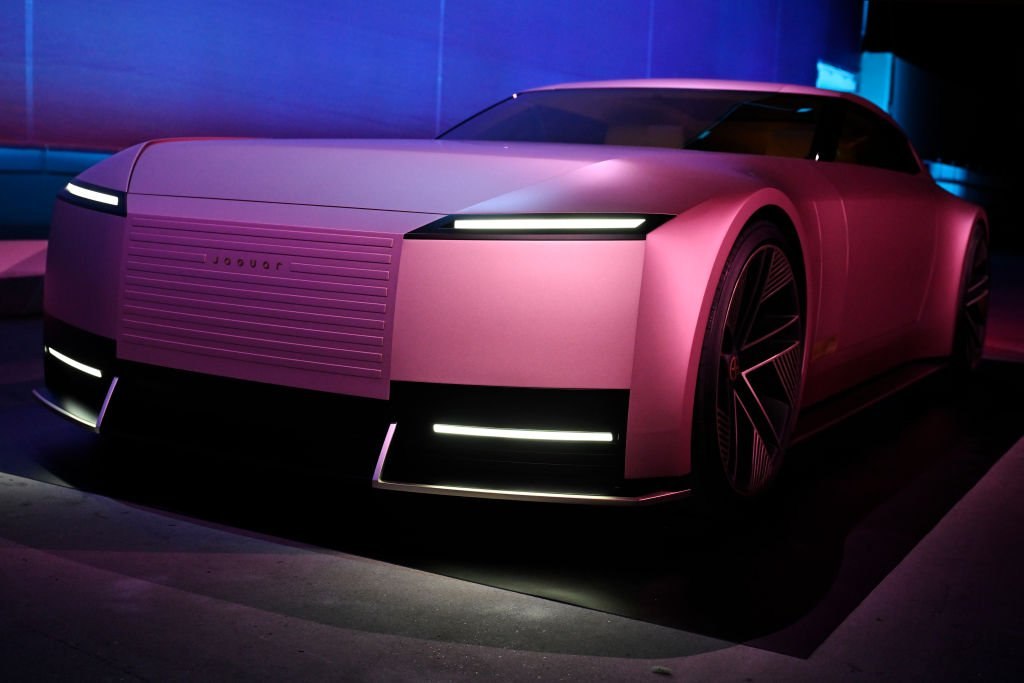
What are the impediments to the EV shift among environmentalist Americans?
Environmental benefits and the push towards a net zero emissions future has been key to the rise of demand for electric vehicles (EVs) in the US and beyond. In fact, among Americans who say they would consider opting for an EV for their next vehicle purchase, environmental benefits rank as the third most commonly cited motivator (49%) for the choice, behind only energy efficiency (64%) and cost of charging (49%). This is according to data from YouGov Profiles.
But despite the push for EVs, including in the form of tax incentives, prospective demand for these types of vehicles remains relatively low compared to gas-powered vehicles. YouGov Profiles data reveals that only about a tenth of prospective car buyers in the US say they are most likely to purchase electric vehicles when they are next in the market. It is natural to expect that this proportion is higher among those who think of themselves as eco-friendly, but does the data match this expectation?
But does identifying as an environmentalist actually correlate with a preference for electric vehicles?
The data suggests it does—strongly. Among Americans who definitely agree that they consider themselves environmentalists, 18% say they’re most likely to choose an electric vehicle for their next car purchase. That’s nine times higher than among those who definitely disagree with the environmentalist label, where EV interest stands at just 2%. A similar pattern emerges across the board: those who align with environmentalist values are consistently more likely to consider electric or hybrid vehicles.
That said, even among self-described environmentalists, electric vehicles are not the dominant choice. In fact, gas-powered cars remain the clear front-runner across all groups. Among those who definitely agree they’re environmentalists, 59% still say they’d opt for a gas engine—just as many as in the group that definitely disagree. Hybrids are somewhat more popular in this eco-conscious segment (20%), but the data suggests that ideological alignment doesn’t automatically translate into electric vehicle adoption.
So, what’s holding people back—even those who care about the planet?
Practical concerns appear to be the biggest roadblock. When asked why they’d hesitate to go electric, respondents most commonly cited issues around battery safety and longevity (44%), followed by the number and proximity of charging stations (34%) and the vehicle’s purchase price (33%). Questions about performance (32%), driving range (28%) and maintenance costs (28%) also loom large.
Interestingly, nearly a quarter (23%) pointed to the environmental impact of battery production itself—a concern that may resonate even more with environmentally minded consumers.
In short, even those inclined to make greener choices often find themselves navigating a landscape of trade-offs. The intention may be there—but until the EV experience addresses key concerns around affordability, reliability, and infrastructure, the shift from interest to action will likely remain slow.
Methodology: YouGov Profiles is based on continuously collected data and rolling surveys, rather than from a single limited questionnaire. Data referenced in this article is based on a sample of US adults aged 18 and over. Profiles data is weighted by age, gender, education, region, and race to be nationally representative.
Image Credit: Kindel Media on Pexels
































